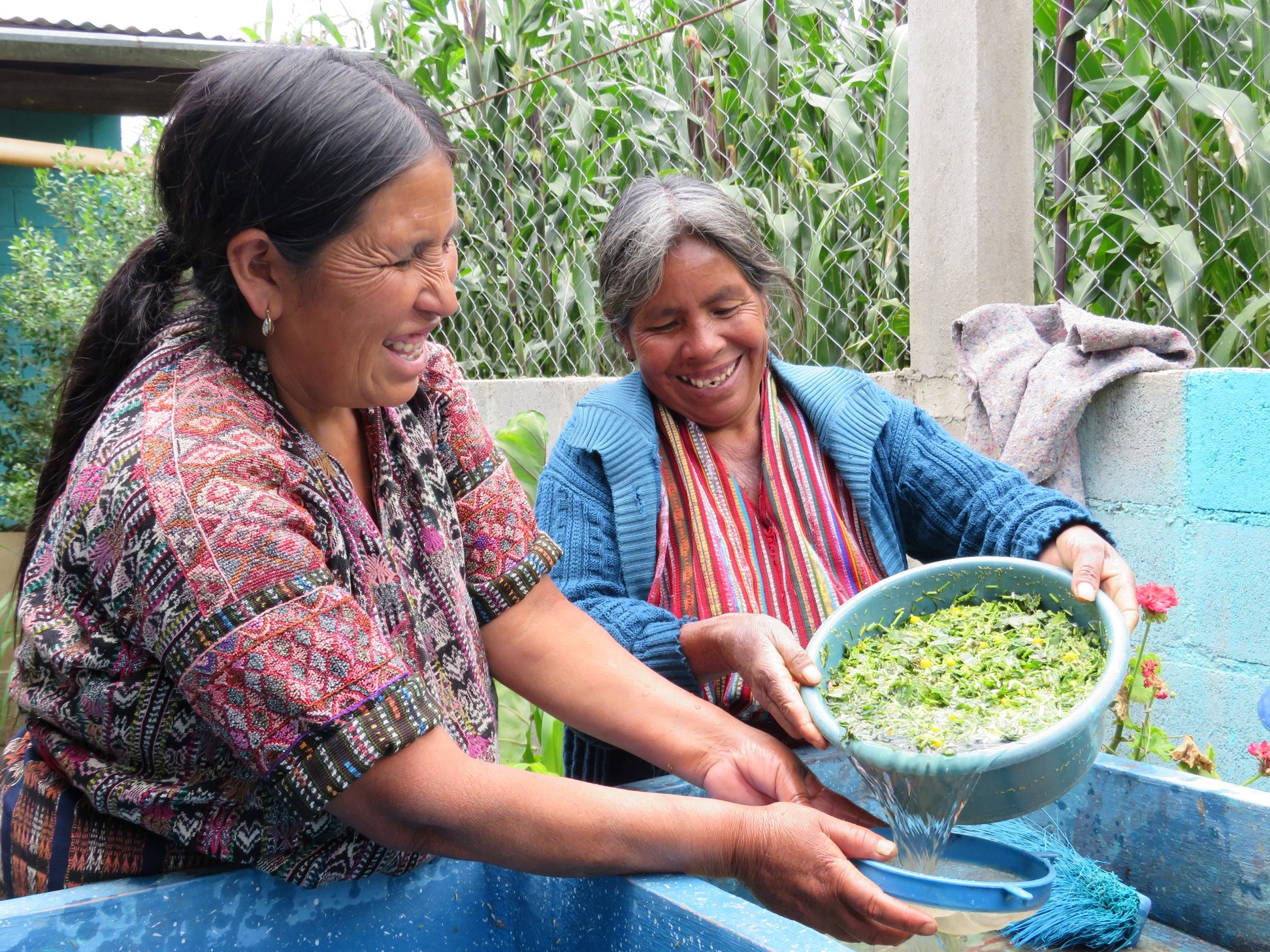
Events
One of the early adopters of the Fair Trade model, Maya Traditions Foundation works with over 120 Indigenous women from six community cooperatives in the Western Highlands of Guatemala to provide quality textile-based products around the world. With an emphasis on traditional Maya heritage and art, Maya Traditions Foundation connects female artisans with national and international markets committed to the Fair Trade Principles so that this weaving tradition can live on and continue to support communities.
Location:
Number of Beyond Borders students placed here:
This partnership was established:
Website:
Maya Traditions Foundation is a nonprofit social enterprise that uses Fair Trade and Social Programs to empower women artisans, their families, and their communities to rescue, preserve, and promote Indigenous ancestral culture. With a focus on backstrap weaving, MTF aims to play a role in sowing seeds for a larger positive social change for Indigenous communities.

What did you take away as being the most valuable aspects of having participated in Beyond Borders? What aspects of this experience were most impactful, and why?
“The most valuable and impactful part of the Beyond Borders program for me was the opportunity to engage with and form relationships with people we initially see as being so different from ourselves. Whether it was at the local volunteer placement or while abroad, the longer we were there, working, living, and being with others, the more similarities would come to light. The experience taught me a lot about being in solidarity with others, but it also exemplified our common humanity.”
“This experience has given me so many things. I grew my knowledge of the Spanish language, experienced a new culture, and built skills around cross cultural communication. As well, working with an organization that was very focused on acting in partnership with those they served, expanded my appreciation for Indigenous peoples and their traditional knowledge. I was also lucky to be in Guatemala during an election where I was able to connect what I had learned about the socio-political history of Guatemala to real events unfolding in front of me. I really enjoyed the purpose oriented NGO atmosphere. This experience has sparked an even bigger passion within me to work for other non-profit organizations doing work that positively impacts people in tangible ways.”
What would you like to say to a prospective student considering the Beyond Borders program?
“Don't be scared! It's okay to be nervous and unsure of what to expect, but don't be afraid to step into that discomfort. It took me years to gather the courage to even apply to this program, but it was one of the greatest experiences of my undergraduate career! The entire program has the ability to teach and change you if you choose to let it. Try not to have too many specific expectations and be open to what the experience has to offer.”
“Any international experience is going to get you out of your bubble, throw you into unknown situations, and initiate growth. Beyond Borders does a really good job of preparing you for the growth you are going to experience abroad. This has by far been the best thing I’ve done in my university career and will be something I continue to look back on and reference in conversations for years to come. I also recognize that traveling is a privilege that I feel very grateful to have been able to do. Beyond Borders recognizes this and thus subsidizes the student experience so going abroad is more manageable. Our program coordinator is also very helpful at pointing out funding opportunities for international experiences within St. Jerome’s and the University of Waterloo.”
Students will collaborate with their community partner upon arrival to outline their roles and responsibilities as a volunteer. Partners will introduce students to their organization and the variety of projects for students to participate in. Likewise, students will share their own skills and passions with the community partner in these first weeks. This process of mutual sharing and learning leads to co-developing projects, self-guided learning, and mentorship, such that all parties get the most out of this new relationship. What students work on at organizations changes year to year and depends on the student’s interests. Placement tasks could fall under any of the following categories:
• Grant writing and research
• Business analysis
• Communications
• Education support
• Community outreach
• Administration
Maya Traditions was founded in 1996 to help skilled Indigenous female artisans access the Fair Trade global marketplace so they could improve their quality of life while preserving their culture. The organization has grown to provide improved support to the female artisans and their families through social programs in youth education, community health, and artisan development. With the goal of increasing social programs to further impact the communities they work with, Fundación Tradiciones Mayas became a registered Guatemalan non-governmental organization in 2007.
Maya Traditions Foundation is headed by several Indigenous Maya women and international volunteers that work out of the headquarters in Panajachel, Sololá, Guatemala. By working with six Indigenous rural communities throughout the western highlands of Guatemala, Maya Traditions Foundation has been able to support over 500 Indigenous Mayas through social and educational programming.